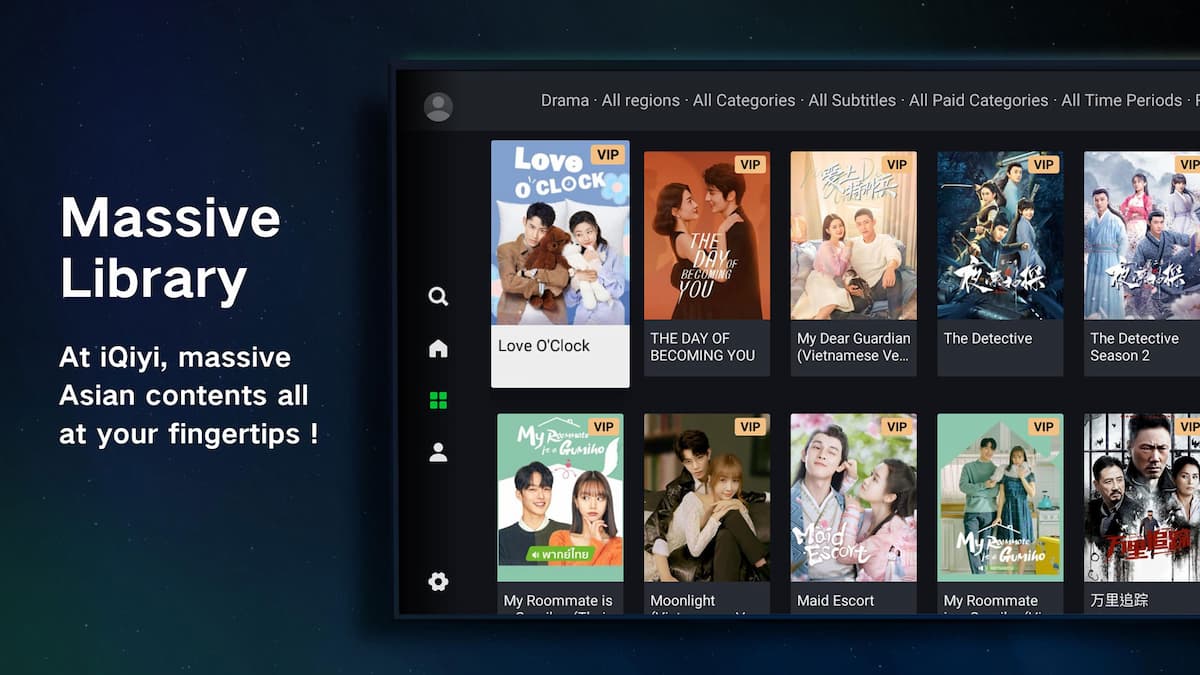LayarHijau – Following the sudden death of actor Yu Menglong and the authorities’ decision to block all public discussions about its cause, public outrage in China continues to grow. The so-called list of 17 entertainers allegedly involved in the incident has triggered a massive boycott, and veteran actress Tian Hairong — star of the patriotic film Hope (Chinese title 《火种》) — has found herself caught in the controversy.
Originally promoted as a “red-theme” production — a Chinese term for films centered on revolutionary or Communist ideology — Hope has now become the focus of new allegations. Mainland media report that the film has been accused of fabricating its box-office numbers and hiring “water armies” to flood the internet with fake positive reviews.
However, Tian Hairong’s name became linked to the Yu Menglong case not because she appeared on the list of 17, but because director Cheng Qingsong used her name as an alibi. Cheng posted a screenshot of a WeChat conversation with Tian, claiming that he had dinner with her on the night of the alleged incident — not with Yu Menglong. After the screenshot went viral, Tian publicly clarified on Weibo that she did not personally know Yu Menglong and that the conversation had been “edited and misused.” In short, Tian was never part of the 17-name list; she was only dragged into the controversy after being mentioned as Cheng’s alibi.
Even before its release on October 16, Hope was already facing disaster. Its presale box office totaled only 12,000 yuan (around USD 1,650), while China’s Douban platform was flooded with boycott calls and negative comments. The backlash grew so strong that Douban eventually disabled all public comment sections for the film.
When the film finally opened, suspicious irregularities emerged. According to NetEase, some theaters reported the movie as “sold out” — meaning all tickets supposedly sold — yet the only screenings filled were in VIP auditoriums priced 30 yuan higher than regular seats. In Wuhan, two theaters listed full late-night screenings, but in most other cities, auditoriums were completely empty.
Several moviegoers visited theaters to verify the situation and shared photos showing vacant halls labeled as “fully booked.” Online reviews also followed the same formulaic pattern — hundreds of nearly identical positive comments — further fueling suspicion that fake accounts were used to boost the film’s image.
Adding to the backlash, reports surfaced that some schools allegedly instructed students to watch Hope collectively. This move drew heavy criticism from the public, seen as a coercive attempt to inflate audience numbers artificially.
The most powerful response, however, came from Xinjiang, Yu Menglong’s hometown. Out of 46 cinemas across the region, only three screened Hope on opening day — and by the following day, all Xinjiang theaters had completely removed the film from their schedules. The collective boycott was widely viewed as a silent show of solidarity and a demand for transparency in the ongoing investigation into Yu Menglong’s death.
The film itself depicts the life of Li Dazhao, one of the founding fathers of the Chinese Communist Party and an early advocate of Marxist thought in China. Set across two timelines — 1919 to 1927 and 1951 — Hope portrays Li’s determination to ignite the “fire of revolution” among the oppressed and his pivotal role in paving the way for the birth of the People’s Republic of China. Tian Hairong plays Zhao Renlan, Li’s wife, a woman who silently supports her husband’s ideals amid turmoil.
With intensifying public boycotts and allegations of falsified data, many observers predict that Hope will soon disappear from theaters. A film originally meant to inspire patriotic pride has instead become a symbol of the widening rift between the public and China’s entertainment industry — and of the growing demand for truth in the Yu Menglong case.
















